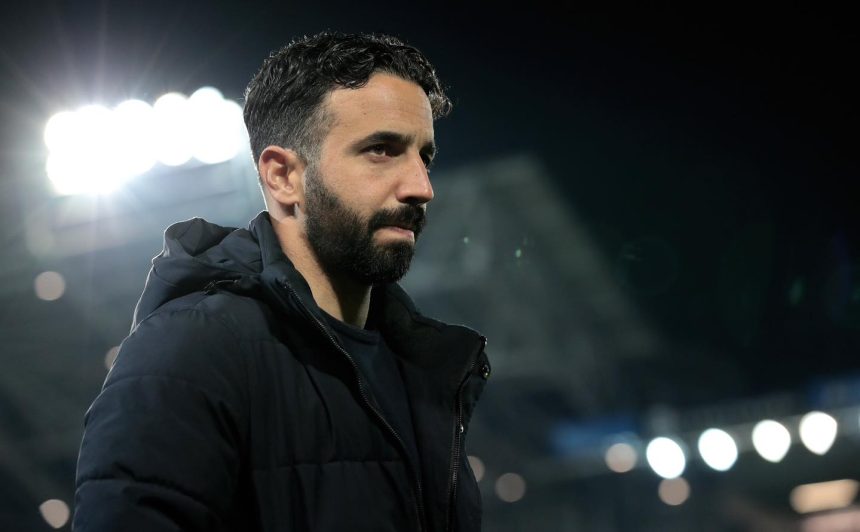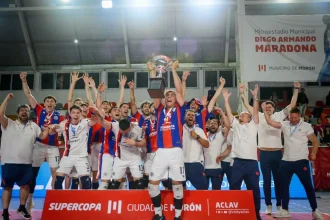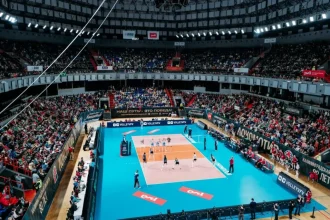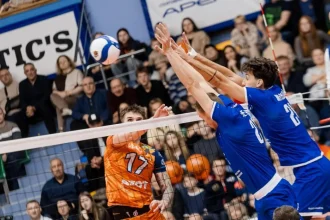Rúben Amorim’s comments about Kobbie Mainoo provide a clear insight into his coaching philosophy, which places significant value on both the player’s happiness and their positional suitability. Amorim acknowledges that Mainoo is regarded as an extremely talented player in England, emphasizing that his potential is widely recognized.
However, the key to Mainoo’s development, according to Amorim, lies in finding the right position for him on the field. The young midfielder has shown promise in various roles, but Amorim believes that the No. 10 position has allowed Mainoo to truly express himself and flourish. This role, typically reserved for playmakers, provides Mainoo with the space and freedom to influence the game creatively, something that was more restricted when he played deeper in midfield.
Amorim’s observations also highlight the importance of player happiness in achieving peak performance. By stating that Mainoo appeared more content and “happy to play” in the No. 10 role, Amorim underscores how crucial mental and emotional well-being are for a player’s effectiveness on the field.
This approach reflects a deeper understanding of player psychology, recognizing that when players feel comfortable and enjoy their football, their technical abilities and decision-making naturally improve. Mainoo’s joy in his new role has been noticeable to Amorim, and this connection between happiness and performance is something Amorim values highly in his team-building strategy. A happy player is often a more confident, motivated, and productive one—and Amorim seems committed to fostering this environment for his young talents.
For Mainoo, finding a position where he feels comfortable and engaged is vital for his development. The No. 10 position allows him to unlock his full potential, dictating the tempo of the game, linking play, and creating chances for his teammates.
Playing in a position that brings him joy not only benefits his individual growth but also improves his contribution to the team’s overall attacking play. This role is often where a player’s creativity and vision shine, and it’s clear that Amorim sees Mainoo as someone who thrives when given the freedom to roam and orchestrate from a more advanced midfield position.
Ultimately, Amorim’s comments reflect a broader philosophy centered around empowering players to play to their strengths. For Mainoo, that means playing in a role where he feels both confident and content.
It also speaks to Amorim’s broader coaching ethos: understanding that player happiness and the right tactical fit are essential for success. As Mainoo continues to adapt and evolve in the No. 10 role, it’s clear that Amorim’s approach could be key in unlocking his full potential, not just as a player, but as a future star for the team.














